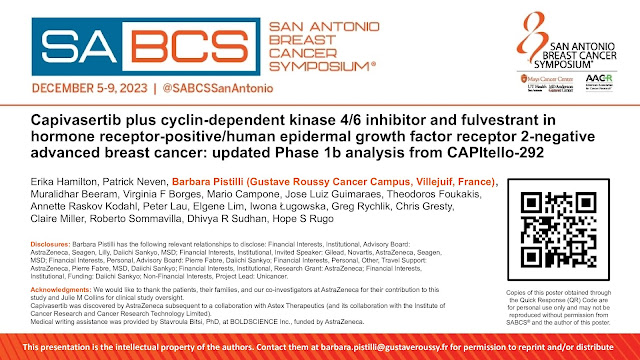Pooled analysis of prospective European studies assessing the impact of using the 21-gene Recurrence Score assay on clinical decision making in women with oestrogen receptor–positive, human epidermal growth factor receptor 2–negative early-stage breast cancer
http://www.ejcancer.com/article/S0959-8049(16)32319-X/abstract
http://www.ejcancer.com/article/S0959-8049(16)32319-X/pdf
http://www.ejcancer.com/article/S0959-8049(16)32319-X/pdf
Abstract
Purpose
The 21-gene Recurrence Score assay (Oncotype DX) provides prognostic/predictive information in oestrogen receptor positive (ER+) early breast cancer, but access/reimbursement has been limited in most European countries in the absence of prospective outcome data. Recently, two large prospective studies and a real-life 5-year outcome study have been reported. We performed a pooled analysis of prospective European impact studies to generate robust data on impact of use in different clinical subgroups.
Methods
The analysis included four studies (French, German, Spanish, and British) in ER+ human epidermal growth factor receptor 2–negative breast cancer patients (n = 527). Node-positive patients were excluded.
Results
The analysis demonstrated that treatment recommendations changed in 32% of patients post-testing; chemotherapy recommendation rate decreased from 55% to 34%. Change rates in the individual studies ranged from 30% to 37%. The highest change rates were in patients originally recommended chemotherapy and in grade II tumours; there was no subgroup without a treatment recommendation change. Notably, 31% of patients with an intermediate Recurrence Score result had a treatment recommendation change suggesting that testing provides actionable information in this group. With the exception of the German study (where chemotherapy rates remained high [41%] post-testing), between-study variability in treatment recommendations decreased post-testing (chemotherapy: from 36–52% to 26–29%; hormonal therapy: from 48–64% to 71–74%). Physicians' confidence regarding treatment recommendations improved in all the studies after testing.
Conclusion
Recurrence Score testing led to changes in adjuvant chemotherapy use in approximately a third of patients, to an overall reduced chemotherapy use, and to more homogeneous decision making.



Comentários
Postar um comentário